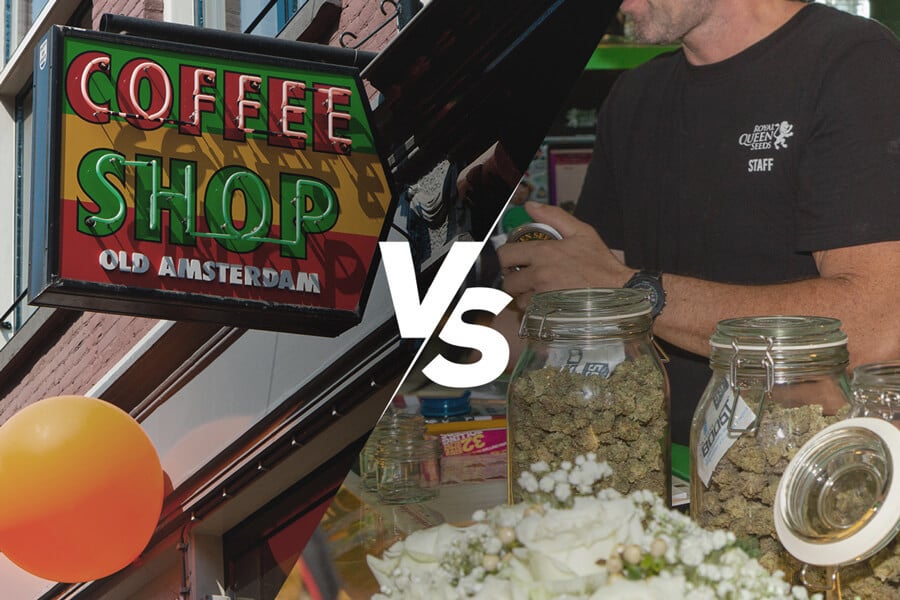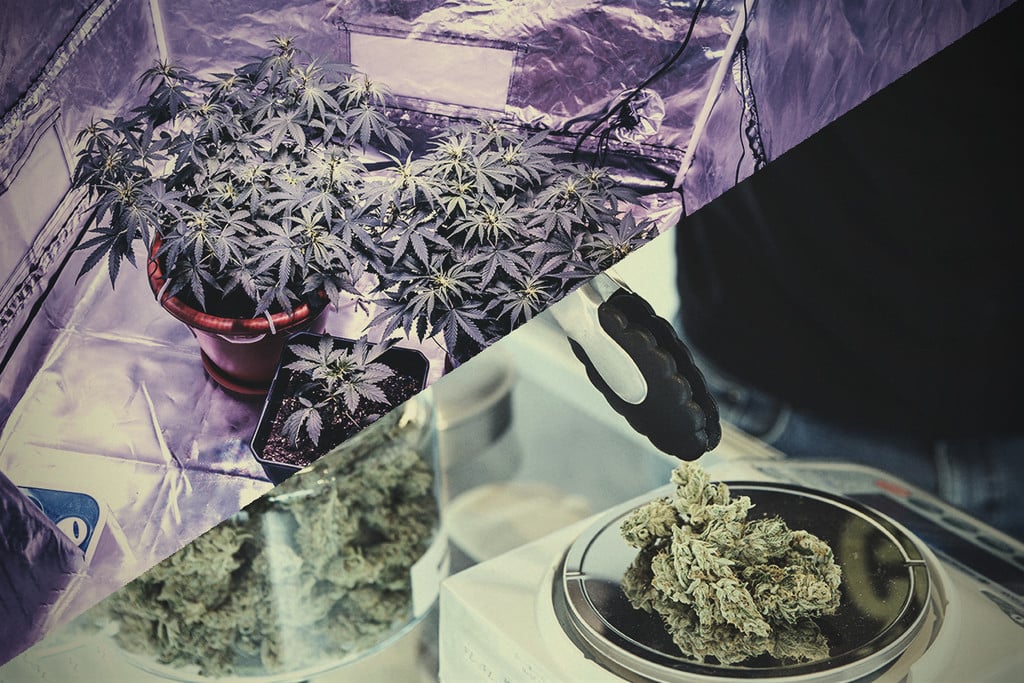.

Guide to Cannabis Social Clubs in Germany
CSCs are open for business. But what does this actually mean, and what are the challenges they face? Though a major step in the right direction, the future is uncertain for cannabis social clubs in Germany.
Contents:
- German cannabis social clubs (CSCs) are still a work in progress.
- They face significant cultural and political pressure.
- The legal landscape is complex, even for professional lawyers.
- CSCs represent a positive step forward for Europe's relationship with cannabis.
Cannabis social clubs in Germany are now open! These not-for-profit, members-only clubs are able to grow and distribute cannabis—so long as they can overcome regulatory barriers.
Here we’re looking at what these clubs are, how they operate, and what the future may hold for them.


What Are Cannabis Social Clubs (CSCs)?
Cannabis social clubs are distinct from coffeeshops and dispensaries. This distinction arises from legal differences, but has practical implications too.
-
Definition and Purpose
CSCs are non-profit organisations dedicated to cultivating and distributing cannabis exclusively for their members. Coffeeshops and dispensaries, on the other hand, are usually for-profit and can distribute cannabis to non-members too—although there may be other restrictions regarding who they can sell to.
So rather than profiting, the purpose of CSCs is to allow members to access high-quality, safe cannabis with proven origins. Moreover, they tend to create a sense of community among members (many of whom may assist with the operation) and promote open, responsible cannabis use.
-
Historical Context
CSCs first appeared in Spain as a result of legal loopholes. There, it was illegal to sell cannabis, or to grow over a certain number of plants per person. However, there remained a legal grey area where groups of people could grow cannabis together as part of a club, and instead of buying the weed, they could contribute money to the overall operation.
While this system has been exploited by gangs, it also gave rise to a genuinely communal model of cannabis production and consumption that many consider to be broadly positive.
This model then spread to other nations, such as Uruguay and Malta. In both countries, CSCs gained legal recognition in a way they still haven’t in Spain. Interestingly, legitimate CSC members actually long for more regulation in Spain, not less. They see the current lack of regulation as opening the door to exploitation (such as that by organised gangs), which in turn delegitimises the whole model. Germany has sought to avoid these issues with stricter (though often labyrinthine) regulation.
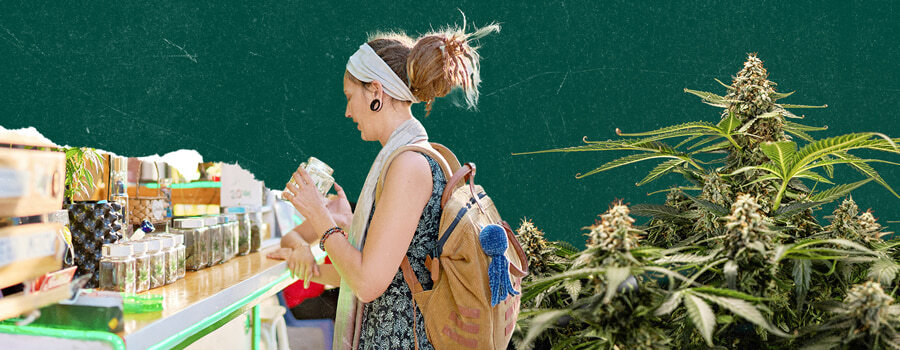
.jpg)
Benefits of Cannabis Social Clubs
For proponents of cannabis, social clubs are a great development in an otherwise cannabis-hostile world. There are many benefits to CSCs over both prohibition and even total legalization. Here are some of them.
-
Community and Shared Resources
CSCs require a community to function. Without members, they can’t grow weed. Therefore, people who use cannabis are brought together, rather than being isolated—which is a common effect of prohibition. Community is known to be beneficial, whatever the source, and allowing cannabis users to form open communities with like-minded individuals creates environments for friendship and the expansion of knowledge.
-
Quality Assurance and Safety
As CSCs are regulated, members know that they are getting high-quality cannabis. What’s more, members are often involved, in some way or another, in the processes of the club, meaning they also have influence over what weed is grown, and how. This means that members:
- Have access to higher-quality cannabis
- Have genuine knowledge about what they consume, and the ability to make informed choices regarding its production
-
Affordability
CSCs tend to be affordable. As they are non-profit, the cannabis should be sold at cost price. Especially when quality and safety are taken into account, CSCs can be considered a very affordable option.
-
Cannabis Is Grown and Distributed with Legal Oversight
As the production and distribution of cannabis occurs with legal oversight, it reduces one of the main problems associated with drugs: crime. Much of the harm caused by drugs comes from the fact that they are illicit, so their production and distribution tends to be appropriated by gangs who, due to the illegal nature of their operations, tend to be violent.
By allowing legal avenues to grow and acquire cannabis, these issues are overcome.
-
Non-Profit Model Protects Users From Exploitation
There’s also a strong case for the idea that non-profit CSCs are a better option than full legalization. Cannabis is not a harmless drug, and it is easy to manipulate and exploit people who use drugs in the pursuit of profit (see tobacco companies and big pharma). By legislating in such a way that cannabis can only be grown by small communities, the exploitative nature of profit-making is avoided, making it safer for everyone involved.


Legal Framework of CSCs in Germany
The legal framework within which CSCs operate in Germany is stereotypically complex, with many clubs not really understanding how they are supposed to operate even now that they are open. So with that in mind, what follows should not be taken as legal advice but as a general overview of the situation as far as we can tell.
-
Key Regulations Under the Cannabis Law (CanG)
There are a few key regulations that clubs must adhere to in order to remain within the bounds of the law:
- Members must all be 18+
- There is a limit of 500 members per club
- Members must be German residents
- There is a limit of 25 grams per member per month
- Cultivation quotas are proportional to the amount of members to prevent the operation from becoming commercial
-
Financial Transparency
To ensure a club is truly non-profit, strict rules regarding financial transparency are enforced. Moreover, it must be shown that membership fees cover operational costs such as cultivation, staff, and licensing, and that they do not go beyond this.
-
Bureaucratic Challenges
In keeping with German tradition, clubs have to overcome a number of bureaucratic hurdles in order to exist. In order to get a licence, clubs must navigate both state and federal regulations, which can be very time-consuming. Even after this, approval times can be very long.
Each state has different processes and regulations from one another, with differing degrees of transparency and understanding in each. Therefore, there is no one-size-fits-all approach that can be discovered and then shared between the nation's clubs. Rather, clubs in each state must discover for themselves how to operate. To further complicate matters, it seems that in some states, the officials themselves aren't even certain how the law works or who is even supposed to be responsible for liaising with the CSCs.
In total, the administrative demand and cost of setting up and running a CSC in Germany is very high.
-
Future Outlook
With clubs now up and running, the rules should become clearer. Hopefully, licencing processes will become more streamlined and some of the more annoying hitches will be ironed out. However, with the government set to change soon—and change in a rightward direction—there’s no certainty that the incoming administration will be cannabis-friendly.

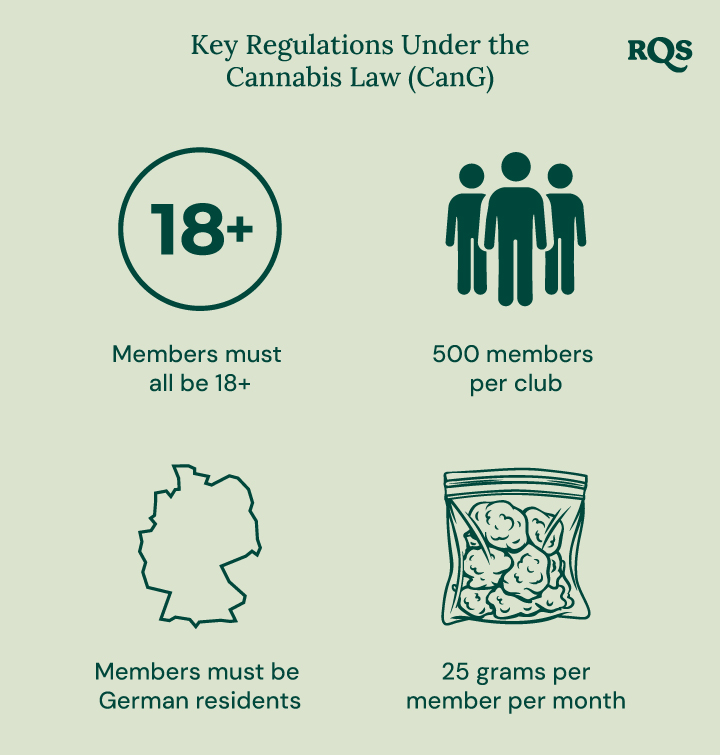
How to Join a Cannabis Social Club
So, how do you actually join a German CSC? First, as mentioned, if you’re not an adult and a German resident, it’s not going to happen—so tourists will have to stick to other methods of acquisition. But if you do fit the bill, here’s the process.
-
Membership Process
Joining a CSC involves the following steps:
- Submitting an application with proof of age and residency
- Agreeing to the club’s rules, such as limits on monthly cannabis use
- Paying a membership fee to cover operational costs
CSCs vs Other Cannabis Distribution Models
As discussed, CSCs are but one legal cannabis distribution model that can be found in the world. Though we’ve touched on the differences, below we’ll go into a little more depth.
-
CSCs vs Coffeeshops
There are some major differences between CSCs and coffeeshops, chief among them being:
- Accessibility: Coffeeshops (common in countries like the Netherlands) allow walk-in purchases from non-members and, often, non-residents.
- Community involvement: Coffeeshops focus on for-profit sales and do not require a stable community to operate.
- Product quality: CSCs often provide higher quality assurance due to their non-commercial model and direct influence from members.
- Consumption on location: German CSCs do not, unfortunately, allow cannabis to be consumed on location. Coffeeshops and CSCs in other countries do.
-
CSCs vs Specialty Stores/Dispensaries
- Pricing: CSCs offer lower prices due to their non-profit structure, whereas specialty stores may have higher costs due to the need to make a profit.
- Product variety: Specialty stores might stock a broader range of products, but CSCs focus on member-specific needs, offering personalised options.
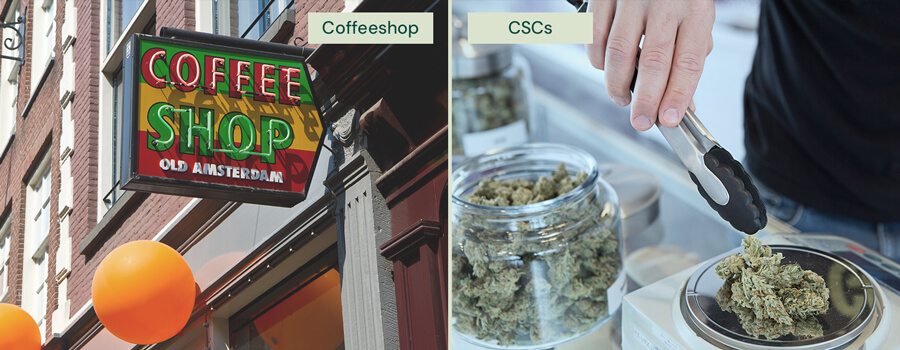
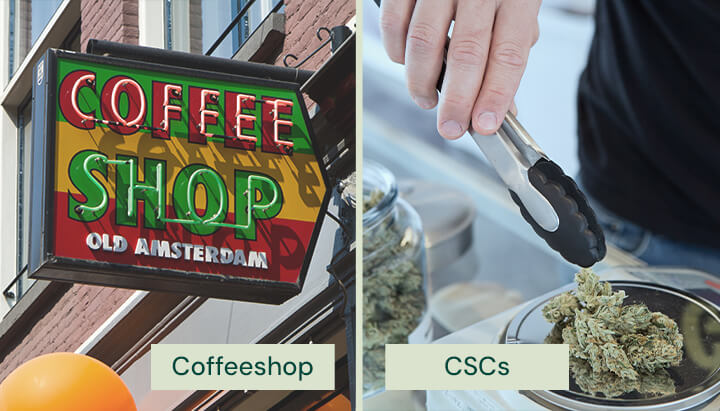
Challenges and the Future of CSCs in Germany
It is not a given that CSCs will find operation becomes easier in Germany, nor that they’ll even be able to remain in operation.
-
Public Perception and Skepticism
Despite its appearance to third parties, Germany is not just Berlin, and is actually a very socially conservative country. As such, there is broad skepticism and hostility towards CSCs domestically. With a political swing to the right underway, it is highly likely that CSCs will soon encounter significant political and cultural headwinds.
-
Quality Assurance and Oversight
In order to stay legal and win over public approval, it is crucial that CSCs create high-quality products that remain within legal parameters. It won’t take many to break the rules before all are condemned. This means that clubs must adhere to rigorous testing protocols.
-
Overcoming Regulatory Barriers
The continued complexity of licensing will be a barrier to existing and new clubs if the process is not simplified. This will require federal-level guidance and policy if it is to be overcome.
-
Economic and Social Impacts
The economic and social impacts will likely be the deciding factors that determine what the future holds for these clubs. Will they reduce crime and black market activity, or be co-opted by gangs? What will the public health effects be? Will the income from licensing and wider job creation have any meaningful impact on the public purse?
The answers to these questions will be vital in determining the viability of this model.
Cannabis Social Clubs in Germany: An Experiment
While the legalization of the production and distribution of cannabis by Europe’s biggest economy and key political player is a huge win for the cannabis community, the future is uncertain. CSCs are now operational, but the process is challenging and future governments are likely to be hostile.
Their success will depend on how the clubs operate and whether they are able to sway public opinion in their favour.
Let’s hope they succeed!


























